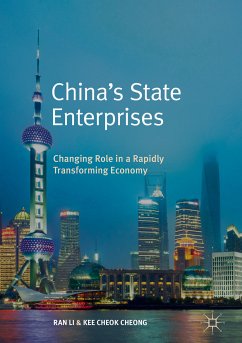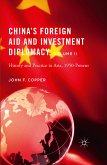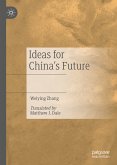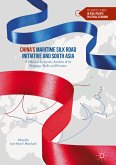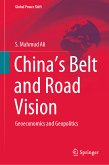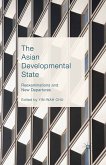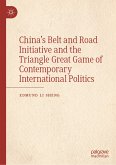Finally, an insightful analysis of China's different types of state-owned enterprises. Grounded in deep and thoughtful empirical research, China's State Enterprises also contributes immensely to debate about the value of state intervention in an economy to drive growth. To understand how China is emerging as the world's largest economy, guided by the strong hand of a highly interventionist state through enterprises it owns and controls, this is a must-read.
-Edmund Terence Gomez, Professor of Political Economy, University of Malaya
This study of China's state owned and controlled enterprises challenges many of the easy assumptions about such enterprises made by high income country economists and business people. Through careful research and rigorous analysis the two authors argue that these enterprises have been transformed into effective vehicles for carrying out the government's overall development strategy. The study is an important contribution to our understanding of the nature of China's "socialist market economy".
-Dwight H. Perkins, Professor of Political Economy, Harvard University
This book focuses on the nature and significance of China's state enterprises which have undergone substantial changes since China's economic liberalization in 1978. It argues that much of the criticism is based on mistaken premises, where even the term 'state-owned enterprises' is a misnomer given that the emphasis is much less on ownership than on control. Using numerous case studies, this book highlights the extent to which these enterprises have evolved in response to reforms, and provides an in-depth analysis of their role in China's outward investment strategy in the "Belt and Road" initiative. This role speaks to their growing influence as China expands her global footprint.
Dieser Download kann aus rechtlichen Gründen nur mit Rechnungsadresse in A, B, BG, CY, CZ, D, DK, EW, E, FIN, F, GR, HR, H, IRL, I, LT, L, LR, M, NL, PL, P, R, S, SLO, SK ausgeliefert werden.
Es gelten unsere Allgemeinen Geschäftsbedingungen: www.buecher.de/agb
Impressum
www.buecher.de ist ein Internetauftritt der buecher.de internetstores GmbH
Geschäftsführung: Monica Sawhney | Roland Kölbl | Günter Hilger
Sitz der Gesellschaft: Batheyer Straße 115 - 117, 58099 Hagen
Postanschrift: Bürgermeister-Wegele-Str. 12, 86167 Augsburg
Amtsgericht Hagen HRB 13257
Steuernummer: 321/5800/1497
USt-IdNr: DE450055826

